Congratulation to Dr Francesco Ferraro, who published his latest paper on Plos One.

The paper “Comparison of balance changes after inspiratory muscle or Otago exercise training” comes from Dr Ferraro`s PhD where, under the supervision of Professor McConnell, Dr Gavin and Associate Professor Wainwright, he looked at the effects of inspiratory muscle training on balance and physical performance with older adults.
This latest paper looks at the potential benefit of inspiratory muscle training as an alternative to standard balance training intervention. The findings of this pragmatic parallel study support the hypothesis that 8 weeks of unsupervised, individual, home-based inspiratory muscle training, improves balance ability to a similar extent to supervised, group-based balance training in healthy older adults.
The article is now fully available as open access here
https://doi.org/10.1371/journal.pone.0227379
–
Dr Ferraro.
fferraro@bournemouth.ac.uk
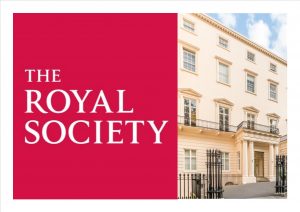
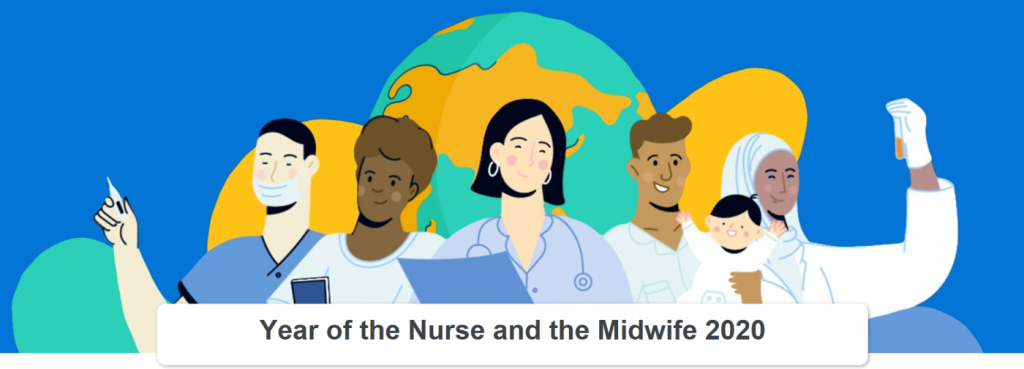


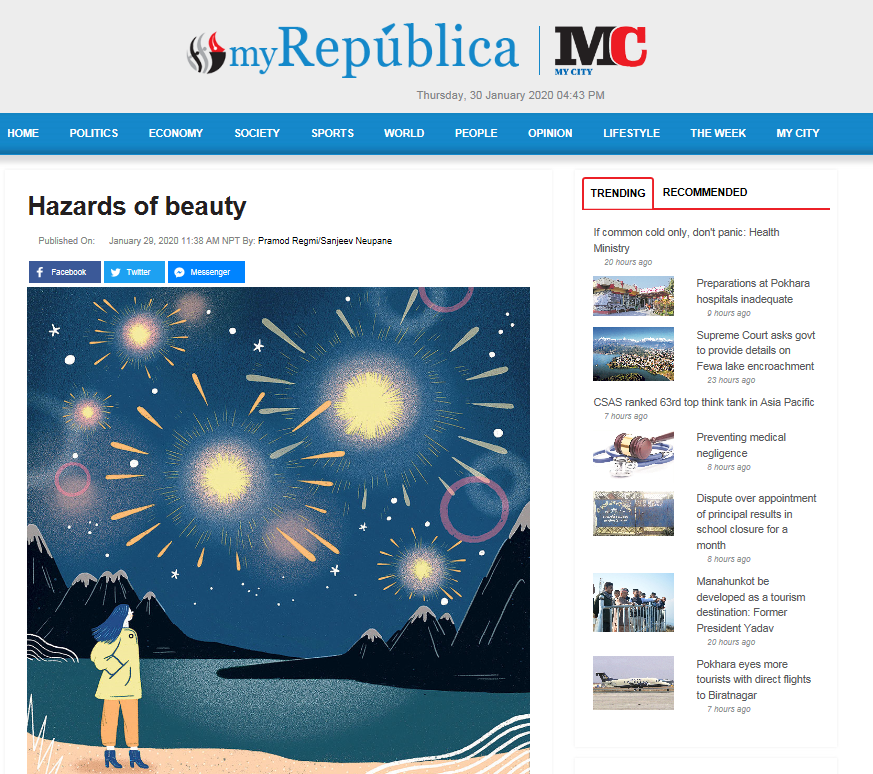

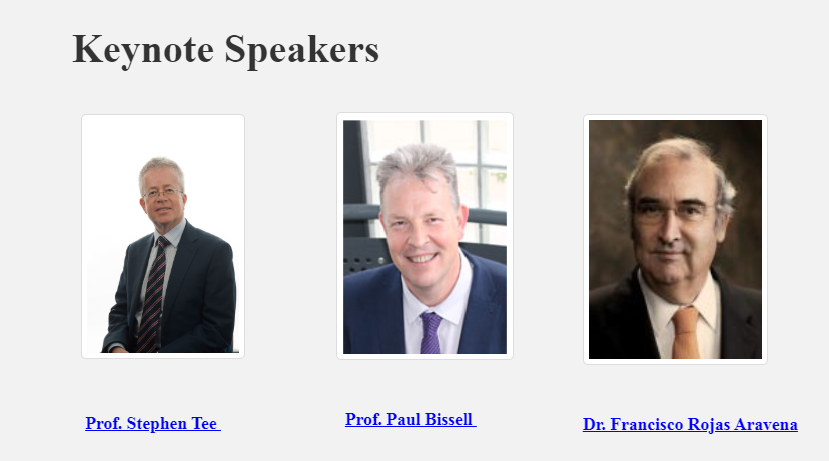
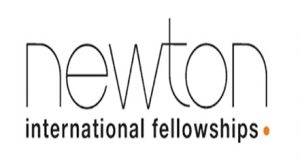

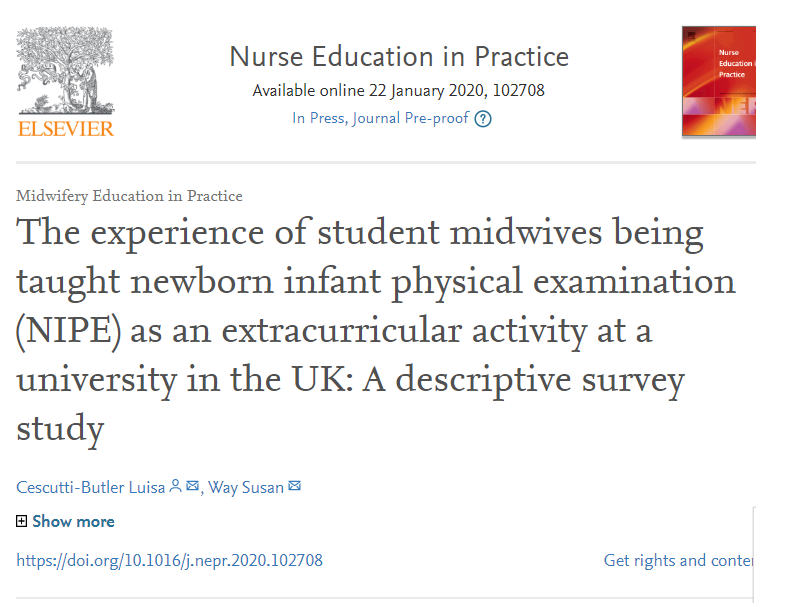













 New CMWH paper on maternity care
New CMWH paper on maternity care From Sustainable Research to Sustainable Research Lives: Reflections from the SPROUT Network Event
From Sustainable Research to Sustainable Research Lives: Reflections from the SPROUT Network Event REF Code of Practice consultation is open!
REF Code of Practice consultation is open! ECR Funding Open Call: Research Culture & Community Grant – Apply now
ECR Funding Open Call: Research Culture & Community Grant – Apply now ECR Funding Open Call: Research Culture & Community Grant – Application Deadline Friday 12 December
ECR Funding Open Call: Research Culture & Community Grant – Application Deadline Friday 12 December MSCA Postdoctoral Fellowships 2025 Call
MSCA Postdoctoral Fellowships 2025 Call ERC Advanced Grant 2025 Webinar
ERC Advanced Grant 2025 Webinar Update on UKRO services
Update on UKRO services European research project exploring use of ‘virtual twins’ to better manage metabolic associated fatty liver disease
European research project exploring use of ‘virtual twins’ to better manage metabolic associated fatty liver disease